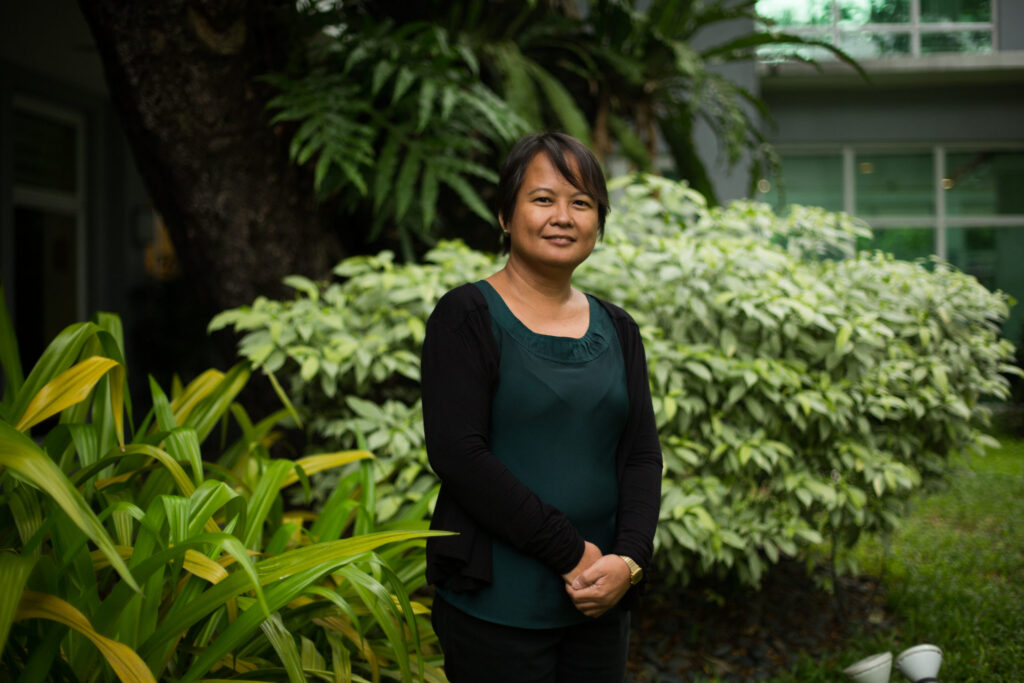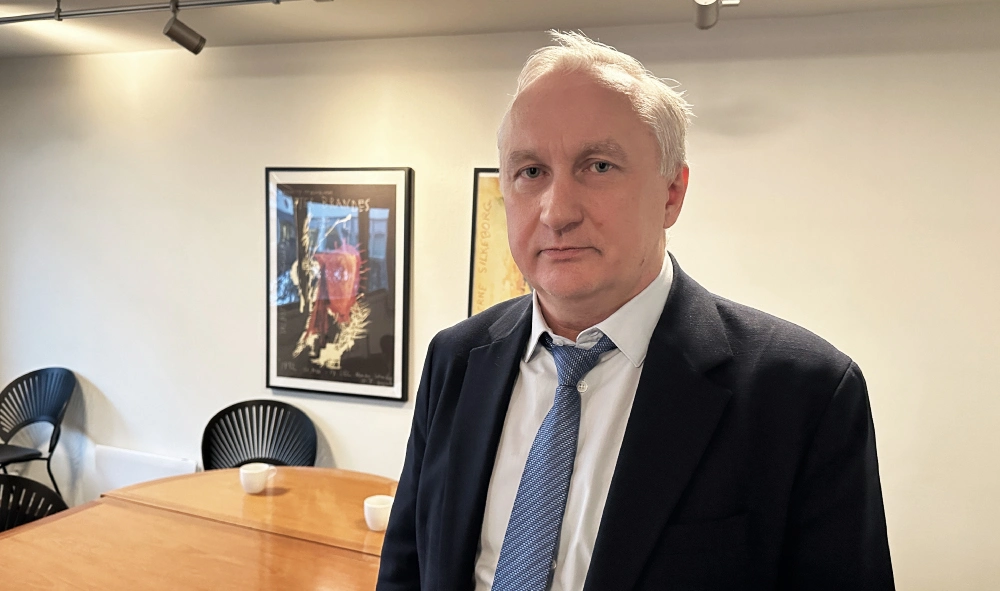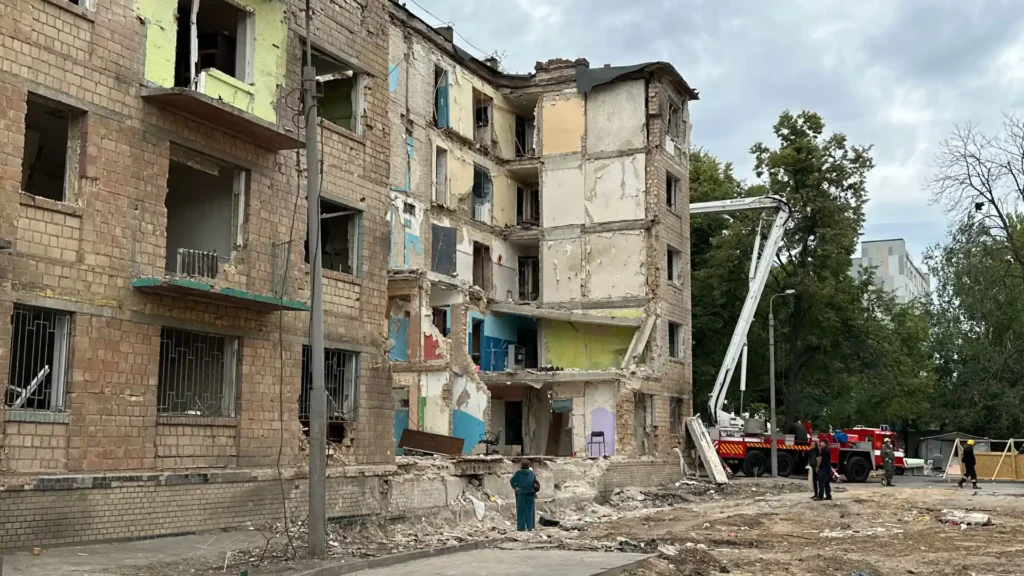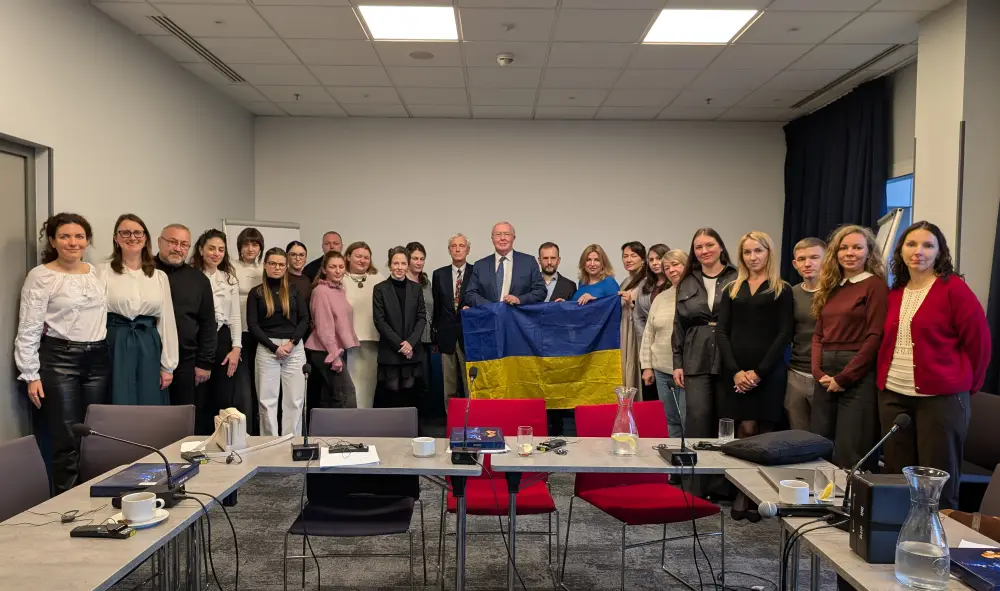DIGNITY has developed the manual ‘Well-being behind bars’ to respond to mental health problems in congested jails in the Philippines.
»We knocked on a door and it became wide open«.
With this metaphor, DIGNITY psychologist Gitte Rønde encapsulates the response from the Philippines Bureau of Jail Management and Penology (BJMP) to the programme on mental health in jails, Well-being Behind Bars, that DIGNITY and its Philippine partner Balay Rehabilitation Center are piloting in the Philippines.
The need for strategies and tools to address mental health problems in Philippine jails is enormous. Adding to the mental health problems that arise in connection with any incarceration, the Philippine jails are severely overcrowded, underfunded, and understaffed. On top of this, the Covid-19 pandemic has added another layer of challenges to the Philippine jail system.
»Jails in the Philippines are extremely overcrowded. This is a very distressing situation. To live without any privacy. Particularly when your trial still hasn’t started and there is no finality«, explains Josephine Lascano (photo above), executive director of Balay Rehabilitation Center, alluding to a jail congestion rate which at 534 per cent is among the highest in the world, with the vast majority of inmates being held in pre-trial detention.
Positive feedback
Gitte Rønde has spearheaded the development of an 80-page manual for mental health intervention in Philippine jails. In cooperation with DIGNITY’s partner Balay she finished the online training programme based on the manual in December 2020. The first draft of the manual had resulted from a workshop in May 2020 organised by the BJMP Mental Health Team and Balay.
»We received very positive feedback from the participants, who are extremely satisfied to be able to offer the inmates a relevant psychological intervention«, Gitte Rønde sums up the reactions.
Dr. Irene Lim is a psychiatrist and heads the Mental Health Team at the national headquarters of the BJMP. According to her, the programme meets the needs of the Philippine jail system.
»Well-being Behind Bars has been a big help. It has a group focus and you don’t need to be a specialist to use it. It’s easy to understand and easy to practice, also by laymen«, she says.
There is far from enough educated psychological and psychiatric staff in the Philippine jail system to address the overwhelming mental health needs. That is why the Well-being Behind Bars programme involves capacitating jail staff layhelpers to provide basic mental health services to inmates through non-specialized psycho-education techniques.
The seven-day course for 21 participants that took place in December 2020 is the first step in a pilot programme targeting two focus jails in the national capital region.
»Later we will go for a nationwide implementation. Once it is institutionalised and ready, it will become a permanent programme«, Irene Lim explains.
DIGNITY’s work in the Philippines is financed by the European Union and the Danish Ministry of Foreign Affairs.
Facts:
The Bureau of Jail Management and Penology (BJMP)
The BJMP operates 470 district, city, and municipal jails in the Philippines.
On October 31st, 2020, the number of inmates in the BJMP jails was 116.676. The congestion amounted to 534 per cent in February 2020. In a cell meant to house 10 persons there are in some cases up to 100 persons.
The BJMP has around 16.900 employees. Only three of these are psychiatrists and five are registered psychologists.
Parallel to the BJMP jail system the Philippines has the national prisons under the Bureau of Corrections, the provincial jails and the police detention centres.
Sources: Interview with Irene Lim, BJMP Mental Health Team, and government submission to the UN.
Photo: Geric Cruz





